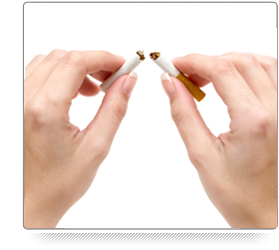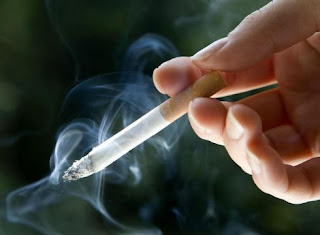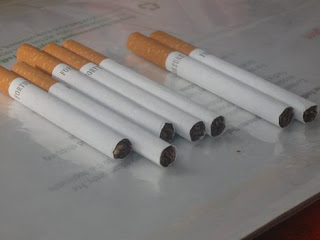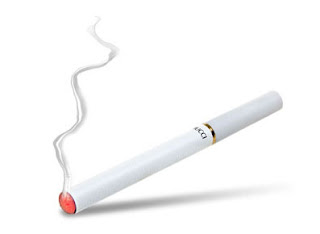
Aetna is set to begin a trial program that equips New York City-area dentists with iPads to help them better educate their patients about tobacco use in an effort to curb smoking. The trial program includes a clinical decision support system (CDSS) that is built on a medical knowledge base, patient data, and decision support technology that provides dentists with personally targeted advice for each patient.
The trial is still in its earliest stages: Aetna is working with Columbia University to design and implement the program.
Dr. David Albert DDS, Director of the Division of Community Health at the Columbia University College of Dental Medicine in New York City, is the principal investigator for the study, which aims to determine how impactful such a CDSS system is on the patient population.
The study is called, “The Dental Tobacco Cessation iPad” and it still has undergo testing and modifications before it rolls out formally at five NYC dental offices.
“The program is designed as an innovative interface between patients and dentists and we anticipate that devices like the iPad can be used to break down barriers between clinicians’ and their patients,” said Dr. Albert. “We will evaluate if we are able to encourage and assist dentists to provide tobacco cessation advice and assistance for their patients who use tobacco products. Tobacco use poorly affects the mouth and teeth and the patient’s overall health. Helping patients to quit tobacco use is a goal that the US Public Health Service encourages all dentists to adopt.”
For more on Aetna’s iPad trial, read the press release below:
PRESS RELEASE: HARTFORD, Conn. — With cigarette smoking causing about 1 of every 5 deaths in the United States each year, Aetna (NYSE: AET) is piloting a new program to support dentists in adopting the United States Public Health Service (USPHS) five A’s tobacco cessation guidelines – Ask, Advise, Assess, Assist and Arrange.
“Our work is designed to support not only dentists and their clinical staff, but also the well-being of their patients and our members”
“Our work is designed to support not only dentists and their clinical staff, but also the well-being of their patients and our members,” said Dr. Mary Lee Conicella, Aetna’s chief dental officer. “Numerous investigations, along with Aetna’s own work in dental offices, provide evidence that many dentists engage in Asking and Advising about tobacco use. However, the remaining A’s do not receive adequate attention in the clinical setting.”
Through the new program, Aetna will promote tobacco counseling by dentists and will study the impact that a smoking cessation clinical decision support system (CDSS) has on a patient’s tobacco use. A CDSS is a system designed to integrate a medical knowledge base, patient data and decision support technology to generate case specific advice. Aetna will be working with Columbia University to design and implement the program; Aetna will carry out the pilot in network dental offices in the New York City area.
“The study will help us gather input from general practice dentists to develop, refine and pilot test an innovative clinical decision support system – the Dental Tobacco Cessation I-Pad,” reported David A. Albert, DDS, MPH the Principal Investigator for the study. Dr. Albert is the Director of the Division of Community Health at the Columbia University College of Dental Medicine in New York City.
The 2-phase pilot includes multiple evaluation methods to assess dentist practice preferences and dental office workflow integration. The Dental Tobacco Cessation I-Pad will undergo rigorous testing with relevant program modifications before a formal study is conducted in five general NY dental offices. The study will help evaluate the adoption and maintenance of the CDSS in clinical practice by dentists and their office staff, as well as patients. A manual of operations will be developed and updated throughout the study.
“The program is designed as an innovative interface between patients and dentists and we anticipate that devices like the iPad can be used to break down barriers between clinicians’ and their patients,” said Dr. Albert. “We will evaluate if we are able to encourage and assist dentists to provide tobacco cessation advice and assistance for their patients who use tobacco products. Tobacco use poorly affects the mouth and teeth and the patient’s overall health. Helping patients to quit tobacco use is a goal that the US Public Health Service encourages all dentists to adopt.”












